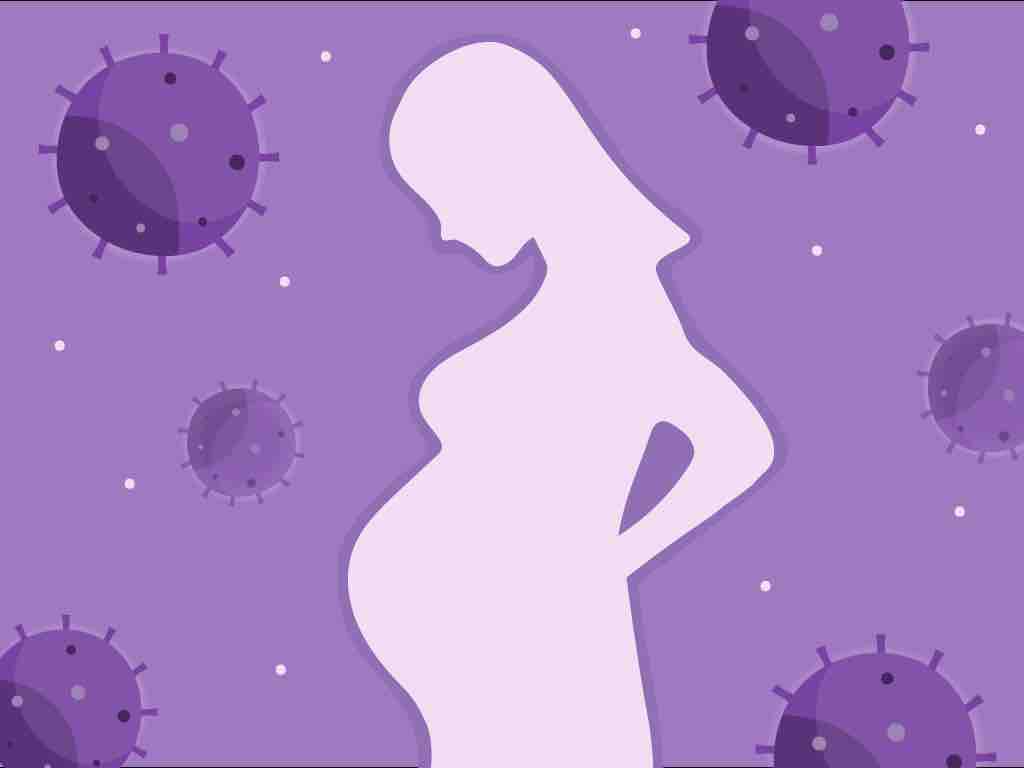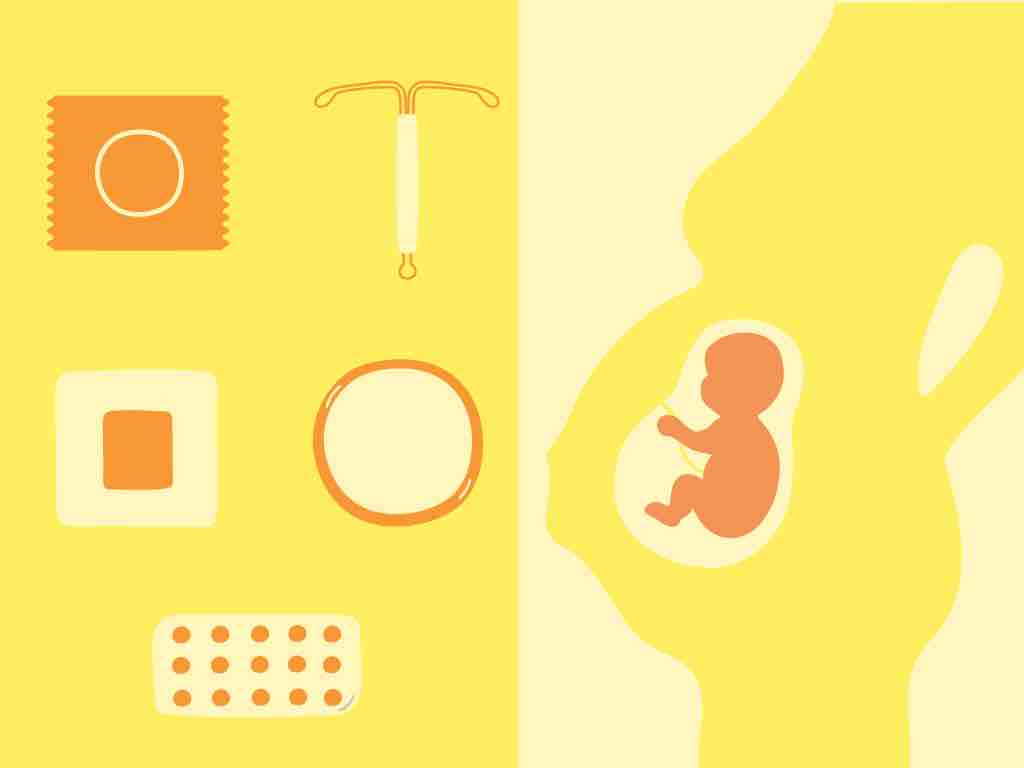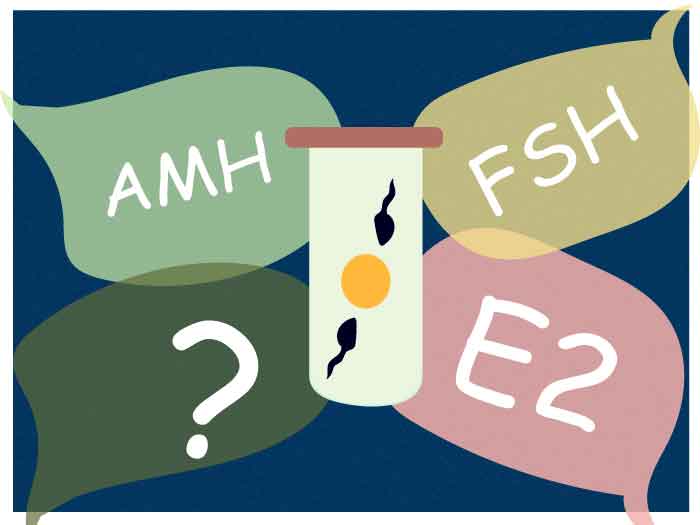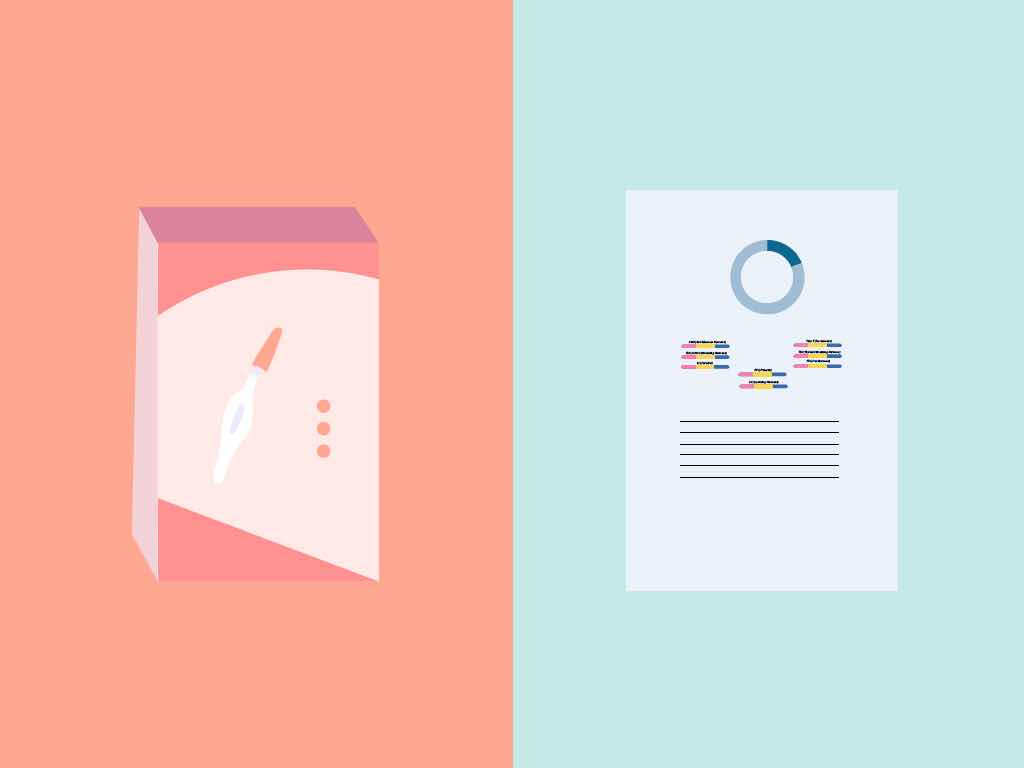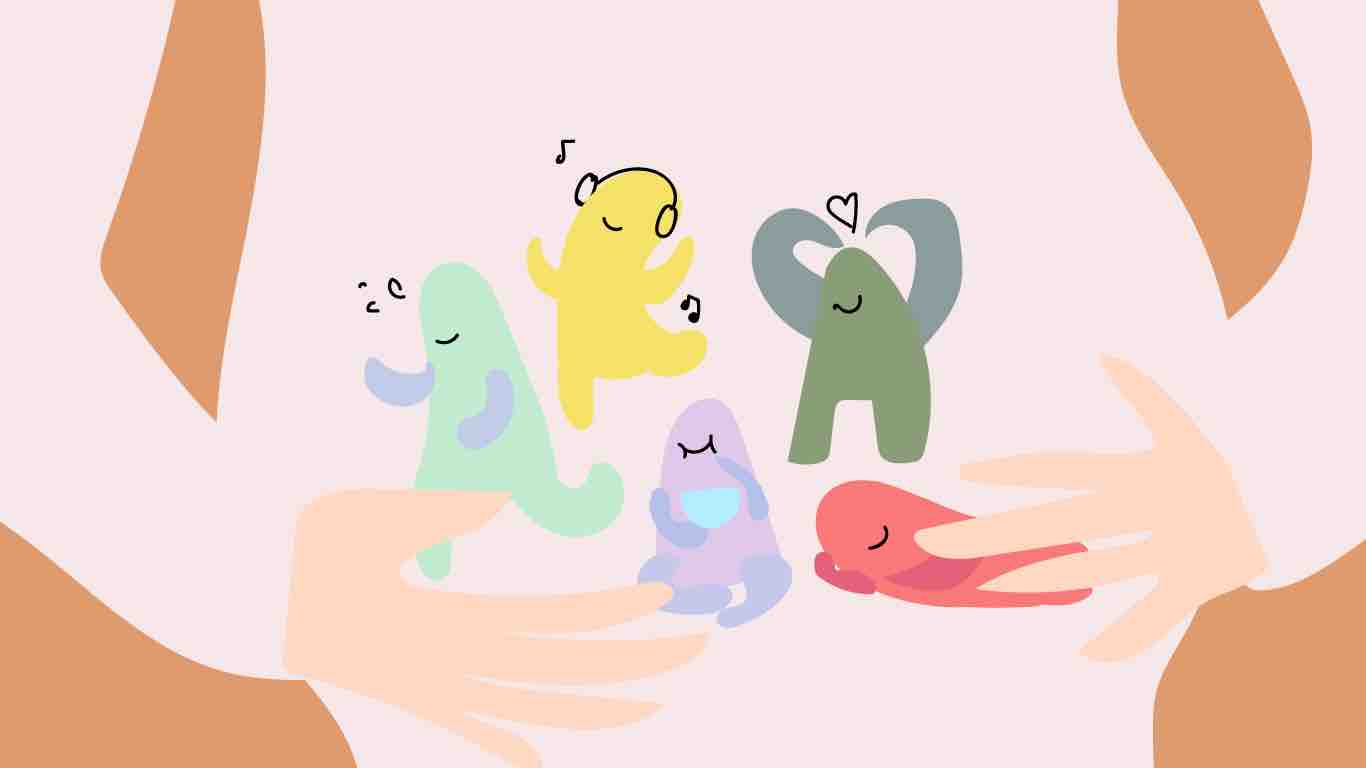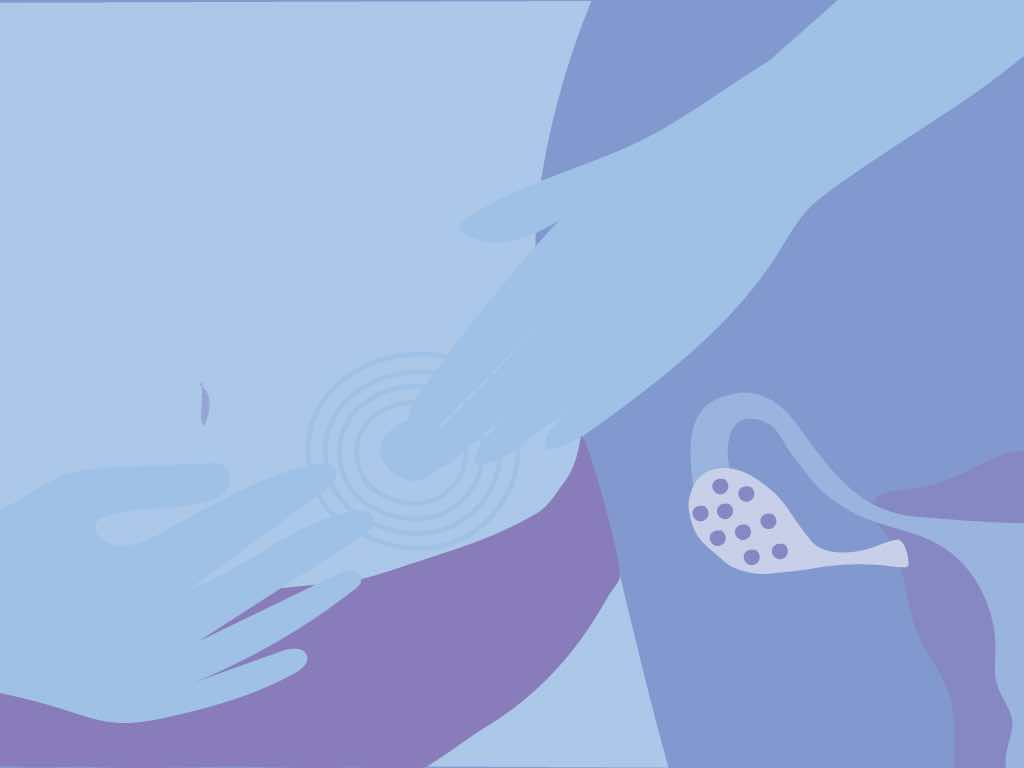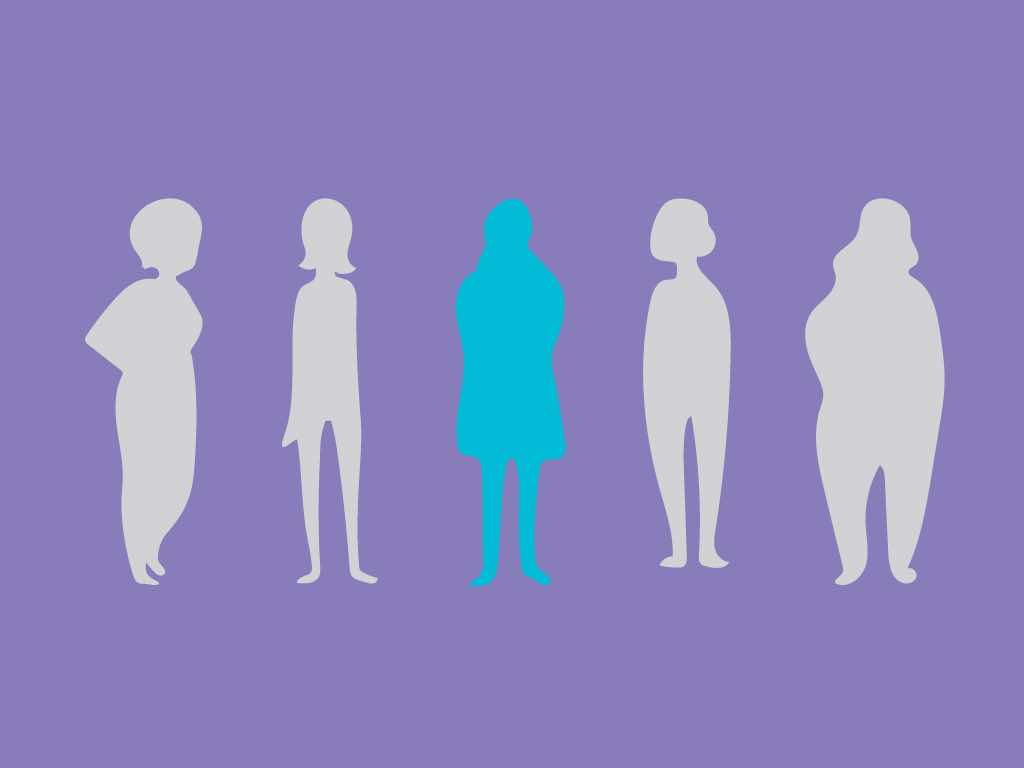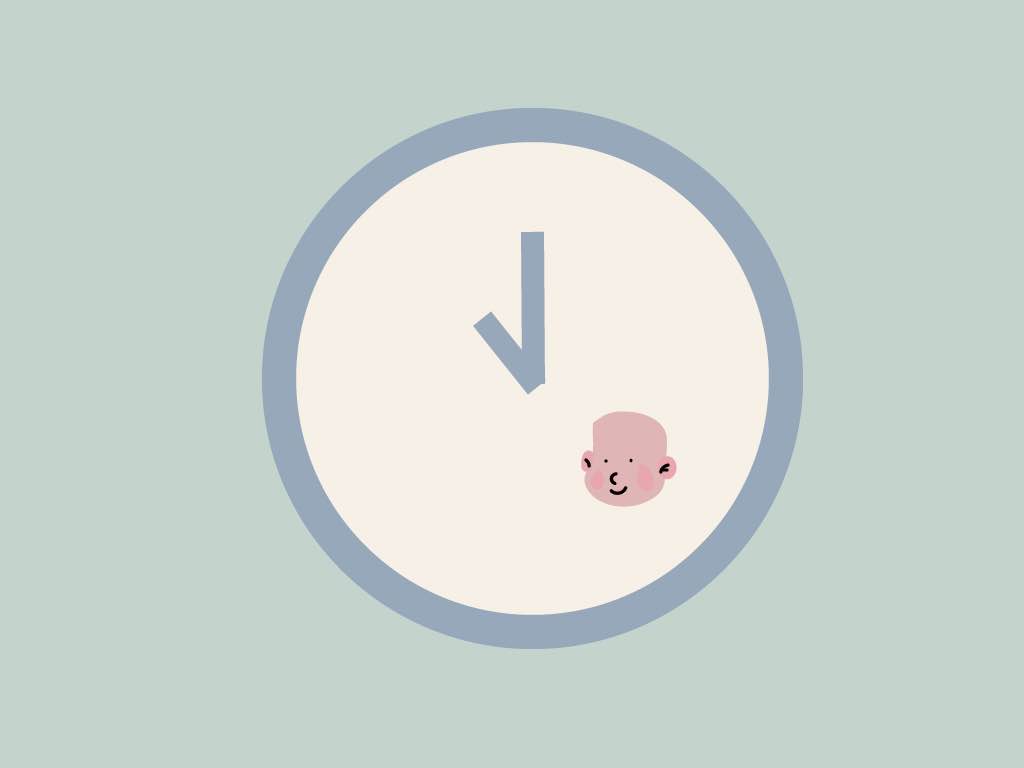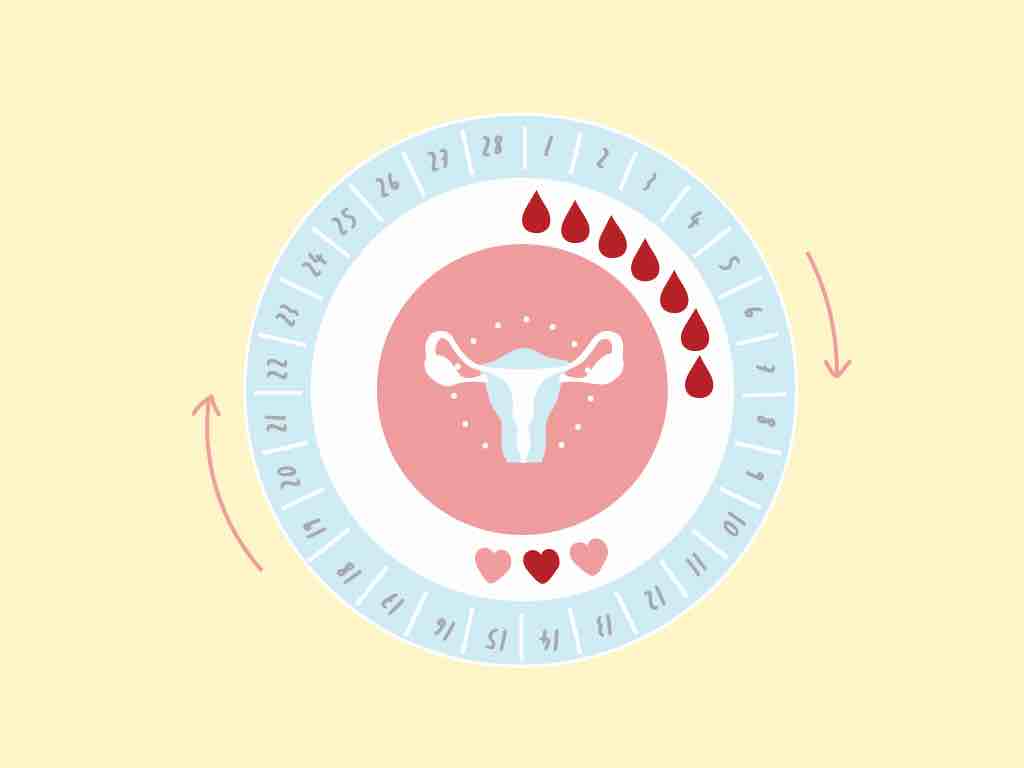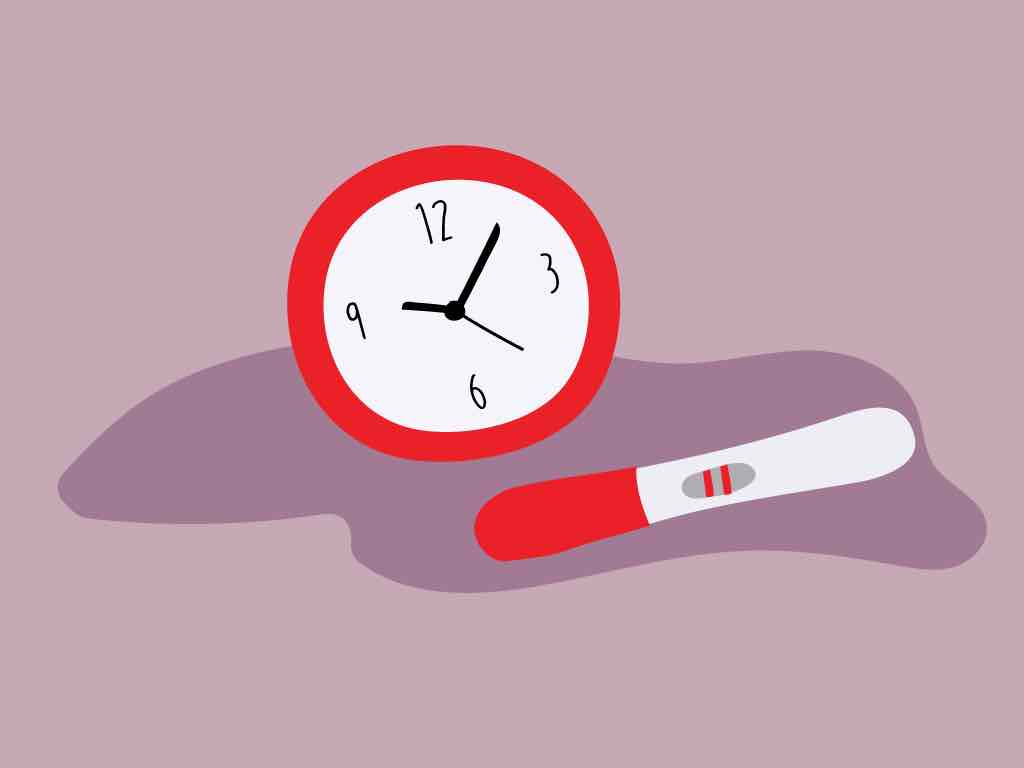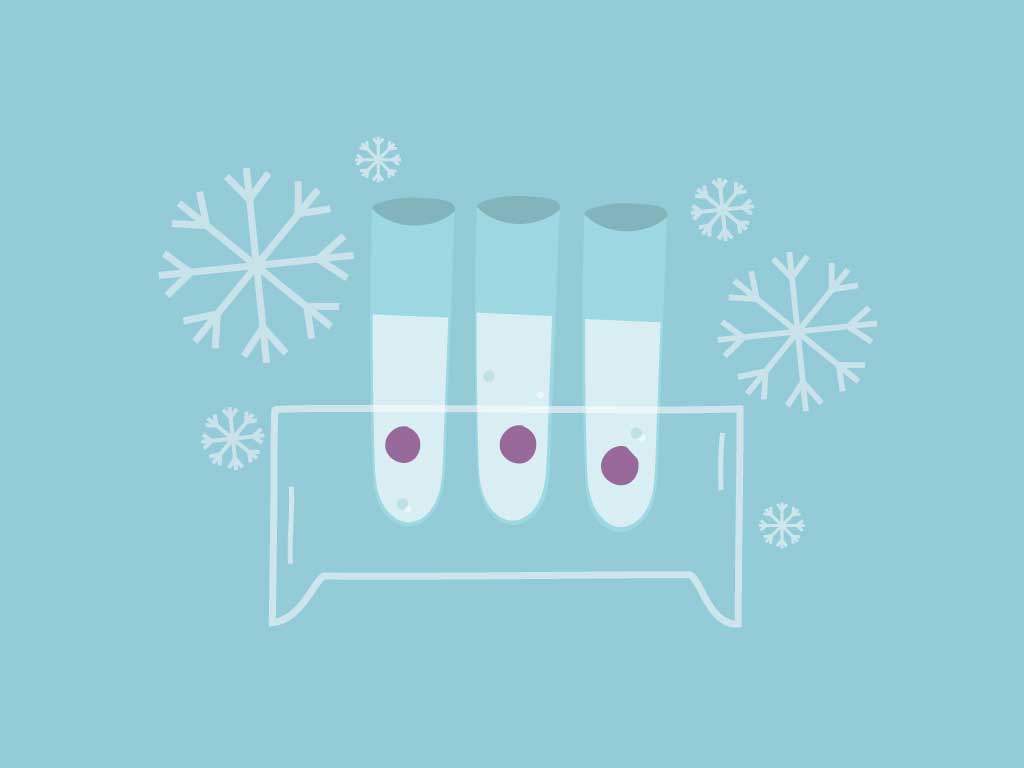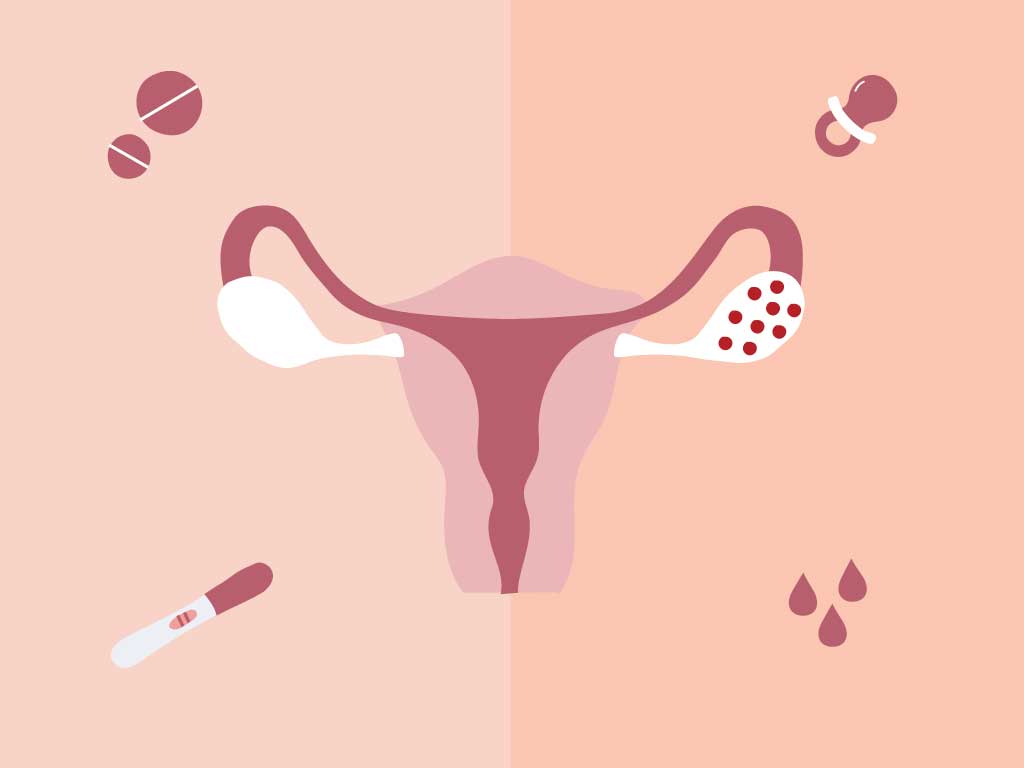Getting pregnant after 35? Totally fine!
January 28, 2020 | Yesmom
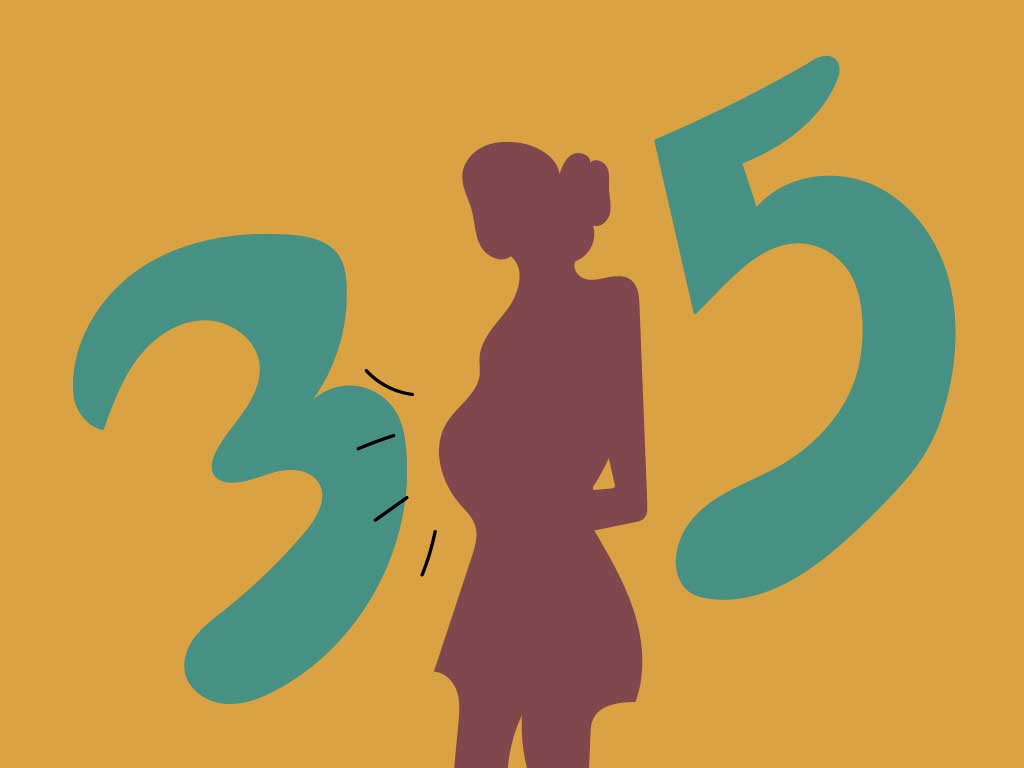
The statistics suggesting that women over 35 getting pregnant can be scary. But who gets to decide when you are ready? Many women who are keen on conceiving in their late 30s probably didn’t want to wait that long but met their prospective partners later in life. Despite the reason for waiting, there are actually several benefits of late motherhood.
So since we are now seeing more and more mothers of a certain age, science is finally accepting the fact that conceiving later isn’t necessarily a hindrance but in fact, can be beneficial. Even if they cannot produce naturally we have so many options like donor eggs, IVF, and surrogacy. So if you are over 35 years of age and trying to conceive, don’t worry we’ve got you covered.
What are the challenges when trying to get pregnant after age 35?
Female fertility and getting pregnant after 35
Some believe menopause is the start of fertility decline which is not true. Our reproductive capabilities tend to slow down way earlier. The most common cause is an age-related decline in fertility because of less frequent ovulation. Ovaries over time become less effective at producing healthy eggs. Often women, as they age, begin to have occasional cycles where an egg is not released altogether. Egg quality and quantity decline after a certain age. The important thing to remember however is that women and men of all ages can experience infertility, but we cannot dismiss age as one aspect of fertility. Fertility peaks in the 20s in women and a gradual but significant decline initiates around 32. After 38, fertility, however, starts to decline rapidly. But it does not mean getting pregnant 35 is impossible, isn’t it?
Male age and fertility: big contribution for women to get pregnant
Your partner’s age is just as important when you’re trying to conceive which a lot of people tend to ignore. Male fertility won’t decline the same way as female fertility but age is still an important factor. A study reveals if you are over 35 and your partner is five years older than you, your chances of getting pregnant are relatively lower.
Other reasons include
- Endometriosis
- A decrease in cervical fluid
- Fibroids or uterine disorders
- Chronic health problems like diabetes or high blood pressure
- Infection or surgery that caused scar tissue around the cervix or fallopian tubes.
Here are a few tips to get pregnant after 35:
To optimize women’s fertility, taking good care of your body is the first step following which you must get to know your cycle, precisely how far apart they are so that you can accurately time intercourse. By tracking information like this, you can predict more or less accurately when you might be ovulating. Ovulation prediction kits can take the guesswork out. Cervical mucus and body temperatures may also help determine the time of ovulation.
Have frequent sex
The bad news is that our sex drive tends to decline after a certain age. But you cannot take chances if you are trying to conceive. Some women are turning to new tech tools like fertility tracking apps and websites although they are not completely accurate about the frequency and timing of intercourse. Remember that you may take longer to conceive, but it’s not impossible.
Maintain a healthy body weight
If you are too heavy or too thin, the odds of conceiving will severely decline. A woman who is overweight will take twice as long to conceive than someone whose BMI is relatively normal. Excess body fat produces excess estrogen which will interfere with ovulation, therefore getting pregnant is not possible. If you are overweight, you might want to lose 5 to 10% of weight before trying (while keeping in mind that you are absolutely beautiful and this has nothing to do with that at all).
Prenatal vitamins
This way you can find one that will be more agreeable to your system and you can stay on it during pregnancy. Another possibility is to take a daily multivitamin. Ensure that it contains at least 400 micrograms of folic acid per day, which is important for preventing birth defects in a baby’s spine and brain during birth.
Watch your diet
We cannot stress this enough-consuming healthy food will give your body adequate stores of critical nutrients like protein, iron, and calcium. Eat a variety of vegetables, fruits, whole grains, dairy products, lean protein and healthy sources of fat. Consumer lower amounts of high mercury fish and go easy on the caffeine. These nutritions not only keep you healthy but it makes getting pregnant more possible!
Say no to smoking and drinking
Smoking will lead to fertility problems in both men and women. Chemicals like nicotine and carbon monoxide, found in cigarette smoke can speed up the loss rate of a woman’s eggs. It will age your ovaries and is also likely to prematurely deplete your supply of eggs. Stay away from secondhand smoke which will affect the chances of conceiving. Recreational drug use including marijuana should be avoided. Consuming alcohol at moderate or heavy levels will make it extremely difficult for you to get pregnant. It’s best to assume there is no safe amount of alcohol.
Know when to seek help if you are 35 and struggle to get pregnant
Do not delay seeking help especially because time is of the essence after 35. There are women who may not conceive in six months, at least not on their own but will it get better and you may conceive naturally after one or two years. Even then, it’s best to get fertility testing done at the earliest if you are 35 or older if you think about getting pregnant. If there is a problem, you will have more time to deal with it sooner than later. Keep in mind, fertility tests are less likely to be successful with age.
We have often been told that having babies after 35 is “waiting too long” and that it can be dangerous. Getting pregnant after 35 may not be as easy as it is at 25 but as we have seen it’s definitely doable. Today, more and more women are putting off motherhood until they are financially stable, or in a secure relationship or at least happy in their lives and it’s totally your choice, ladies. Medically speaking, conceiving after 35 isn’t difficult or unusual at all. Reproductive science has come a long way. So if you’re inching closer to 35 and haven’t got pregnant yet, but want to, it’s never too late. Getting pregnant before you’re ready will make the whole experience less than ideal.
Now try Yesmom’s Fertility test which provides an in-depth analysis of your test results and how you must interpret them to understand your fertility and its impact on your overall health.
[1]Rachel Gurevich. 7 Things You Need to Know About Getting Pregnant After 35. Available from: https://www.verywellfamily.com/getting-pregnant-after-35-heres-what-you-need-to-know-1959920


